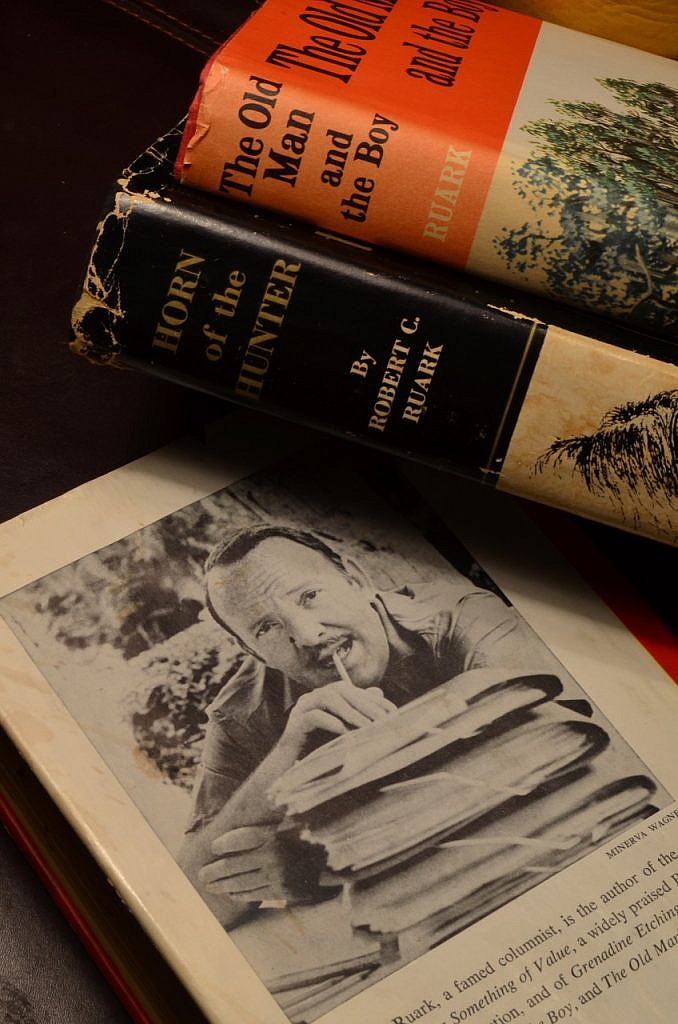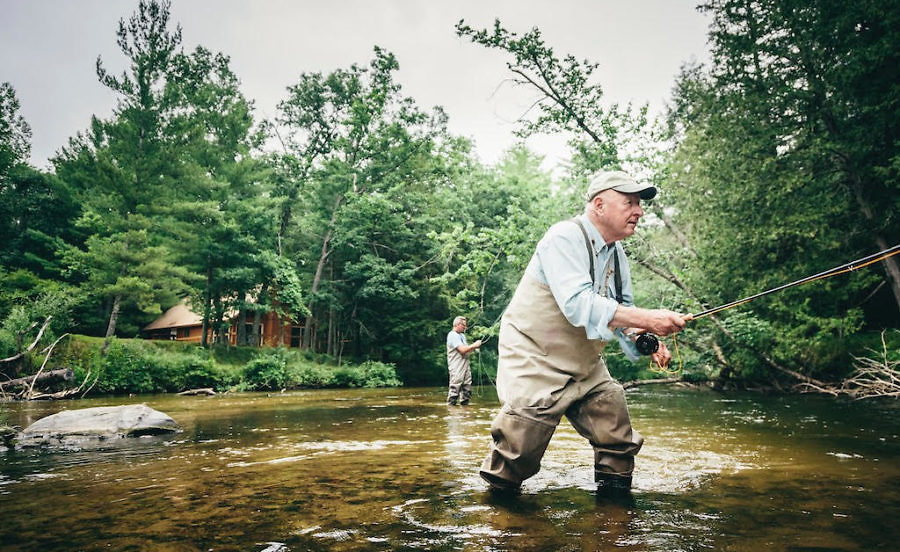
More success awaited. January, 1955, saw the publication of Something of Value, Ruark’s novel based on the Mau Mau uprising in Kenya a few years earlier. The book was a sensation. It is explicit, exceedingly bloody, and eminently accurate. It was made into an insipid movie that failed at the box office but made Ruark a lot of money. He wrote other novels, but never matched his first effort.
Ruark did produce one other great African book, Horn of the Hunter—The Story of an African Safari. Published in 1953, it’s the account of a two-month safari he and his wife Virginia made in Kenya and Tanganyika. This is Ruark at the height of his powers; it’s full of his charm, humor, and self-deprecating wit. It also made professional hunter Harry Selby a celebrity for the rest of his life.

But it’s “Old Man” for which Ruark is remembered. I think what has caused it to resonate for 62 years is the theme of redemption that runs so strongly through all the episodes. The boy, being a boy, screws up, makes mistakes, takes the wrong path. But he invariably gets a second chance. The Old Man always forgives.
Ruark, as an adult in real life, did not have this kind of good fortune. He was ridden by devils, became an alcoholic early on, and drank himself to death.
His legacy is Gene Hill, and later Bill Heavey. Hill wrote of himself as a kind of happy bumbler. This was a crock; he was a highly accomplished hunter and angler, but his pose enabled people to identify with him. Bill Heavey presents himself as incurably inept. He once told an audience “There are any number of experts writing about how to succeed in the outdoors. I’ve made a career out of failure.” The audience howled in appreciation.
I think what all three men have to say, in different forms, is this: We are all flawed and fallible, but we are redeemable. Even the most graceless of us still belongs. There is hope for us all.
Dave Petzal started reading Field & Stream at just about the time Robert Ruark began “The Old Man and the Boy,” which makes him now the Old Man, and then some.
